Publications
Articles, publications, books, tools and multimedia features from the U.S. Institute of Peace provide the latest news, analysis, research findings, practitioner guides and reports, all related to the conflict zones and issues that are at the center of the Institute’s work to prevent and reduce violent conflict.
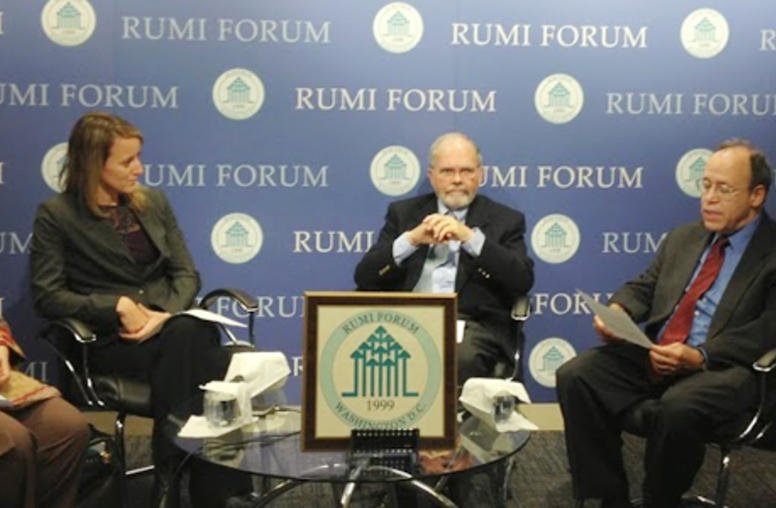
Sources of Conflict: Religion or Economic and Political Power?
Religion is cited as the basis for too many conflicts that actually center more on competition over economic advancement and political power, according to David Smock, director of USIP’s Religion and Peacebuilding Center. In a discussion at the Rumi Forum, Smock and USIP colleagues Palwasha Kakar and Susan Hayward explored the role of religion in conflict and the institute’s work to unlock that dynamic.
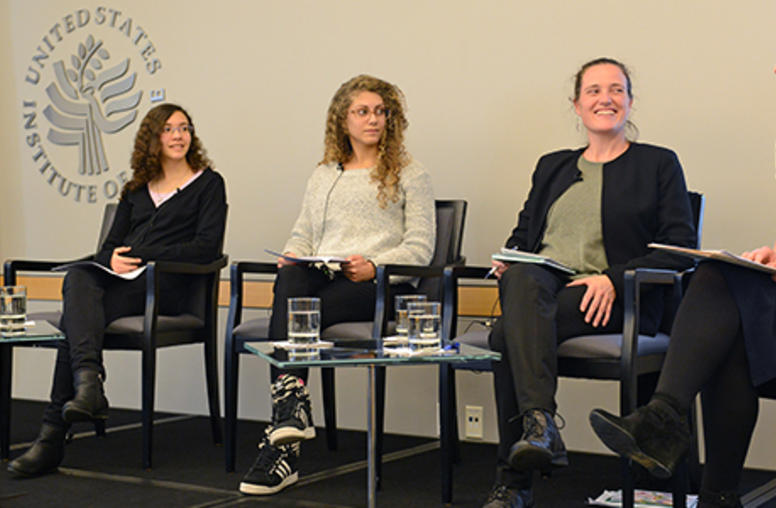
After Attack on Arab-Jewish School, 'I Have to Keep Fighting For It'
Inbar Shaked Vardi and Mouran Ibrahim are 14 years old but speak in a way that many adults in the maelstrom of the Middle East can’t muster – of Arab-Jewish “shared living,” a step even beyond mere co-existence. When their school, the flagship Max Rayne campus of the Hand in Hand Jewish-Arab bilingual school network in Israel, was attacked recently, their outlook on the world was tested once again.
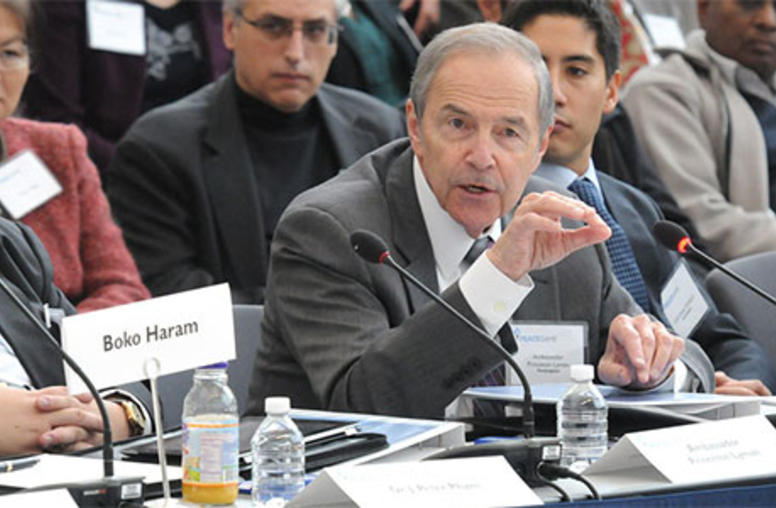
Nigeria PeaceGame Highlights Potential for Violence in Upcoming Election
Widening political rifts, increasing militant attacks and plunging oil revenues are escalating the risks of more widespread violence in Nigeria’s upcoming elections, according to experts who played roles ranging from international organizations to the militant group Boko Haram, during a daylong PeaceGame exercise.
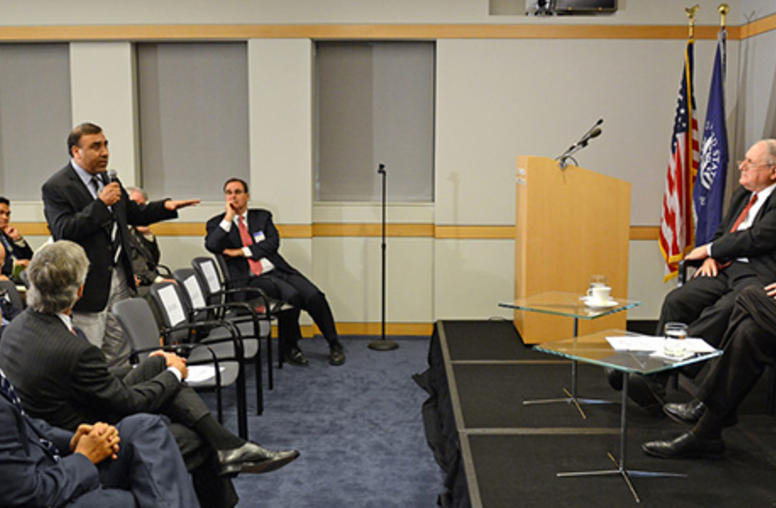
Senator Levin Says U.S.-Afghan Ties Require Better-Informed American Public
Congressional support to continue aiding Afghanistan over the long term will require a better understanding by the American public of the progress made despite well-publicized setbacks, Senate Armed Services Committee Chairman Carl Levin told an audience at the U.S. Institute of Peace.
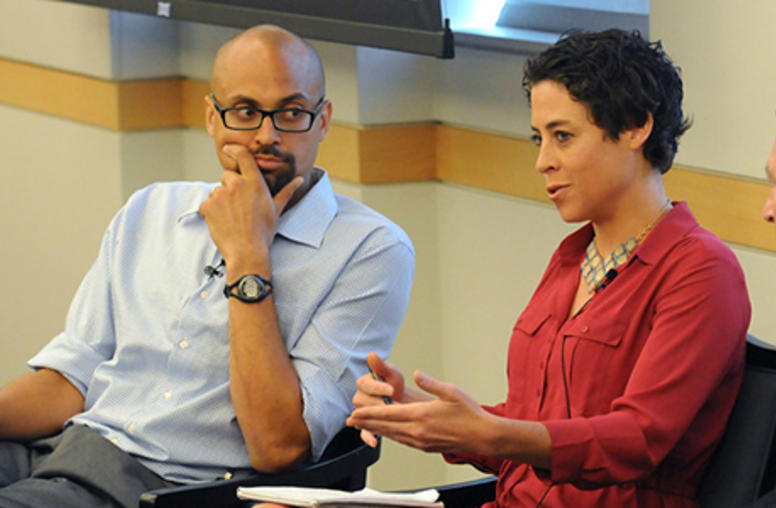
Music Plays Crucial Role in Non-Violent Civic Movements
In Libya’s 2011 uprising, protesters pumped loud music from radios or CD players in the streets in front of government buildings, then fled from the inevitable rush of security forces. The nonviolent early days of Egypt’s revolution that same year spawned a raft of new independent music groups. In Turkey, the “Song of Pots and Pans” exhorts political leaders to stop their lies and repressive tactics.
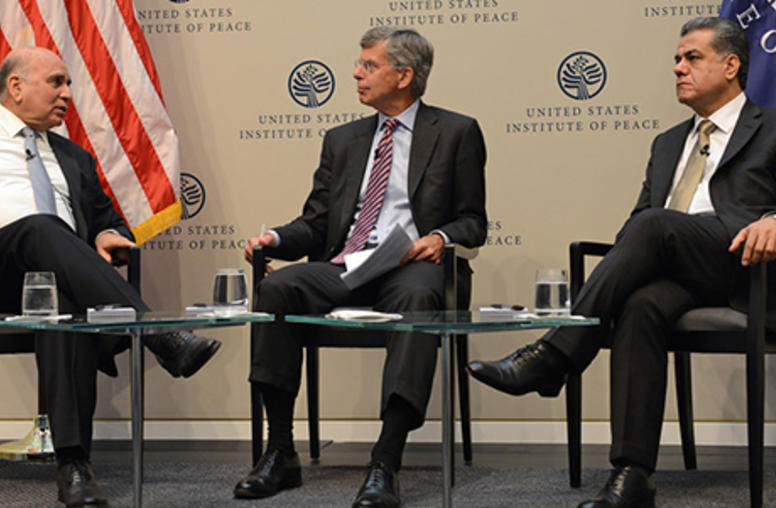
Iraqi Unity Will Require Federalism, Cooperation, Kurdish Leaders Say
Restoring unity in Iraq in the wake of the devastating sweep of militant terror across the country’s north will depend on achieving enough separation among Kurds, Shia and Sunnis to re-establish a balance of power on the ground, two high-level Kurdish officials said. The leaders addressed an audience at the U.S. Institute of Peace this week, appealing for the U.S. and others to urgently provide heavy weapons to confront the self-described “Islamic State” terror group and for humanitarian aid ...
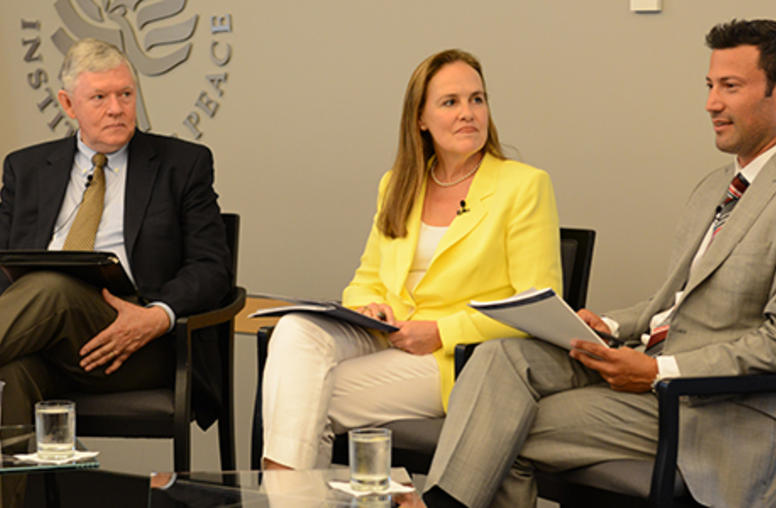
U.S. Defense Budget Cuts Must Be Eased to Lower Risk, Panel Says
U.S. defense budget cuts must be eased to lessen the risk for the military’s ability to respond to crises in an era of nearly unprecedented volatility and complexity around the globe, former Under Secretary of Defense Michèle Flournoy and retired Army Lieutenant General Michael Maples said in a recent discussion at the U.S. Institute of Peace. Their urgent warnings amplified the findings of a congressionally mandated assessment of the Pentagon’s central four-year plan, the 2014 Quadrennial De...
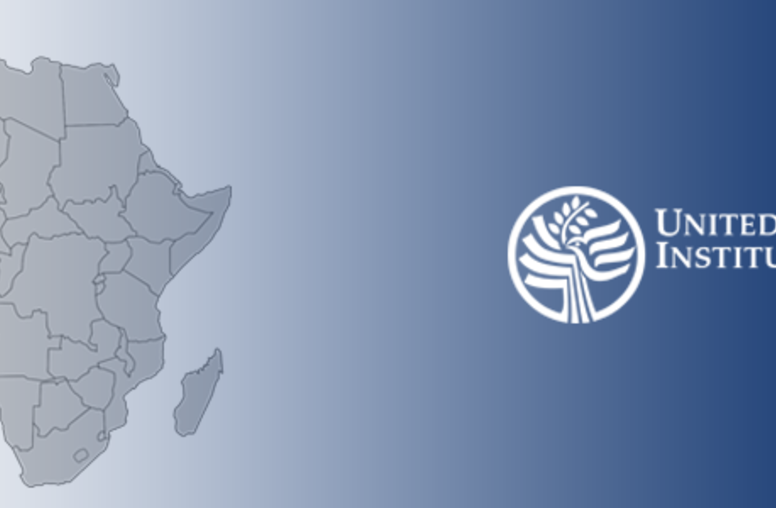
USIP: Summit Resources on Africa
What is Boko Haram and why are youths in Nigeria so drawn to it? What’s happening behind the headlines of war in South Sudan? In Libya? And what IS CVE (Countering Violent Extremism)? The probing research and on-the-ground action of the experts, partners and grantees of the U.S. Institute of Peace can help answer those questions and many more likely to arise during this first-ever U.S.-Africa Leaders Summit in Washington D.C. USIP has worked in Africa for years, and its staff has decades of e...
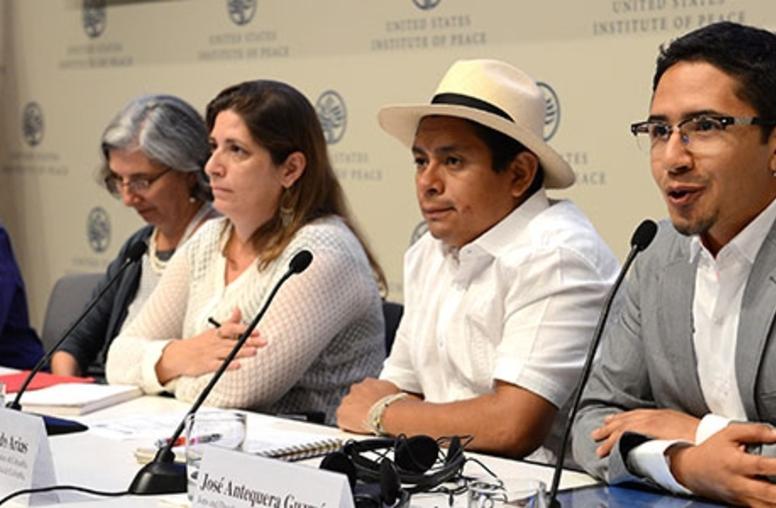
Colombia’s War Survivors Appeal for U.S. Support, Responsibility
Victims of the five-decade war in Colombia, one of the world’s most longstanding conflicts, appealed during a visit to Washington this week for the U.S. and other nations to accept their share of responsibility for the effects and help end remaining fighting to improve the odds for the peace being negotiated in Havana.
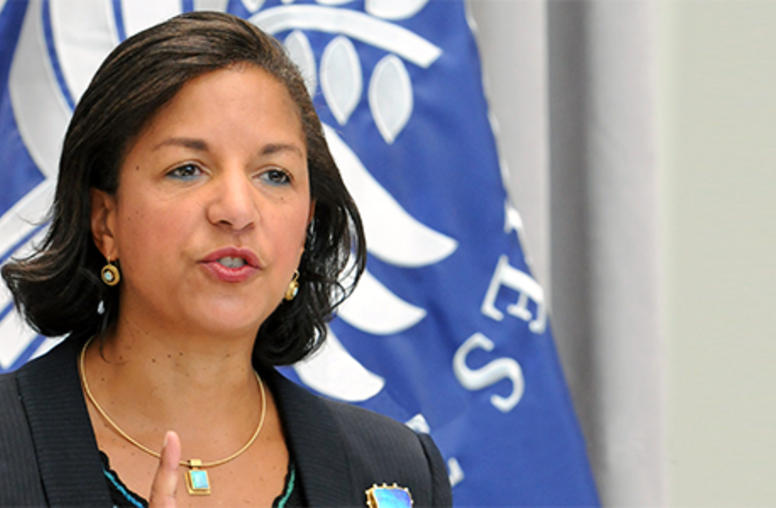
National Security Advisor Rice Vows Long-Term Ties with Africa
National Security Advisor Susan Rice drew attention to Africa's progress in the past two decades and its possibilities for economic growth, good governance and long-term stability, in a speech at the U.S. Institute of Peace on the eve of next week's U.S.-Africa Leaders Summit.